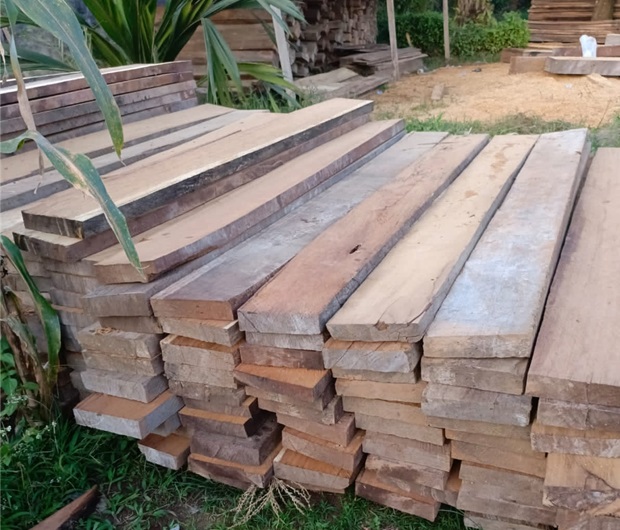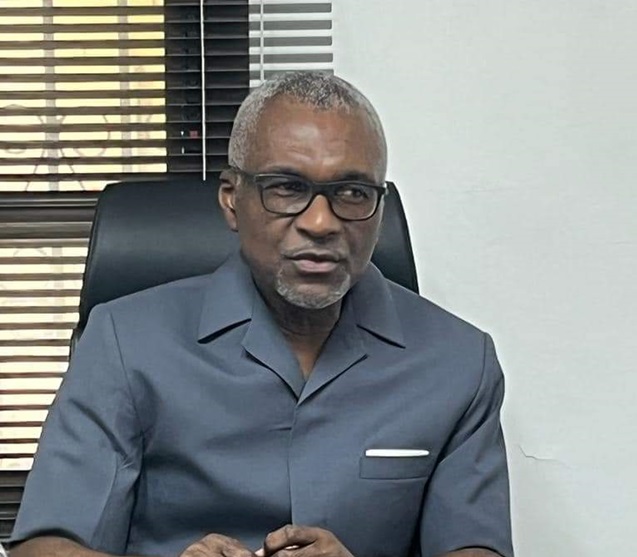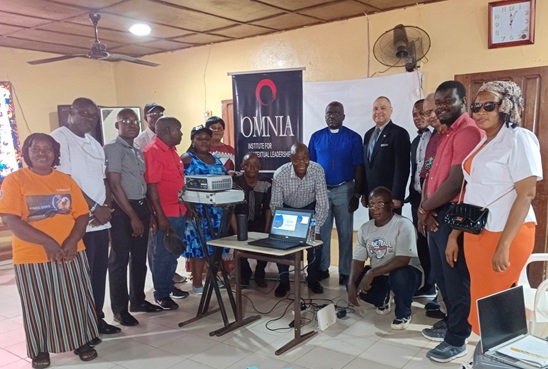MONROVIA – The sole owner of a Liberian business, Liberia Forest Corporation, Libfor, says the company acknowledges oversized wood it harvested in eastern Nimba County, near the Ivory Coast border.
Last week, the company resized 350 pieces of planks in keeping with Chainsaw Milling Regulation of Liberia, according to the owner of the company.
The decision comes against the backdrop of a recent media report accusing Libfor for cutting oversized timber in Twa River Administrative District in Gbelay-Geh, Nimba County.
Amara Fofana made the disclosure during a press conference with reporters Wednesday in Monrovia.
The Liberian businessman, who is also the founder of the company, clarifies that while it is true that his operator did not follow instructions, the company remains in compliance with the law.
“We have lived up to our promise to resize the wood. The company has resized the wood into the board foot required by the law of the country,” according to Fofana.
“I cannot fight the government. We recut all the last week after one journalist raised a concern in one of areas that we are working,” he adds.
Fofana blames the operators for not following the measurements given to them.
Commenting on the allegation of the six-man team of pitsaw operators brought in from Sierra Leone to work, Fofana tells reporters that the contract is over and the men have safely return home.
“These men are all from Sierra Leone which is part of the Mano River Union. We are all one people and we depend on each other,” Fofana adds.
He further narrates that the men came for vacation, and now academic activities have resumed, they decided to return home.
All the 20 pieces of chainsaw currently operating in Nimba are duly registered with the national chainsaw union, Fofana says.
“My company is recognized by authorities in the forestry sector. We always pay tolls on planks that we carry in market. We have no problem with farmers and the communities we work,” Fofana says.
He adds: “All the people at the union know the company. Libfor is not doing, and will never do, any illegal business in Liberia. All the payment issues with communities have been resolved and there are even plans to improve community participation .
Fofana argues that when Liberian businessmen are working hard to compete with foreign counterparts in the country, they are often stabbed in the back even when doing the right thing. “They will talk all kinds of stuff about Liberian businessmen and this not always good,” he recalls.
The company is harvesting hard quality wood, Iroko, to enhance quality in the local furniture industry, Fofana assures the public.







